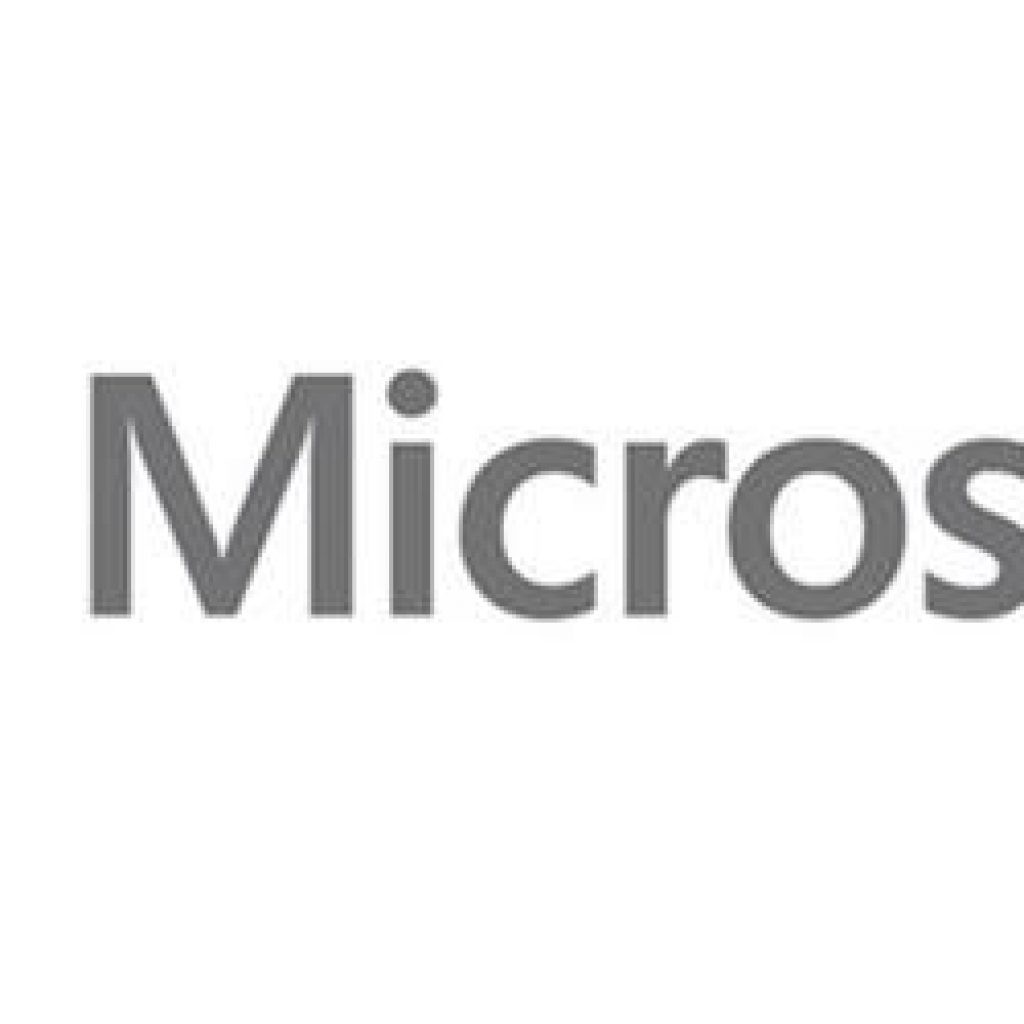(Forbes) “We can have quantum impact right now,” says Krysta Svore, General Manager of Quantum Software at Microsoft, says “We can have quantum impact right now. Quantum-inspired solutions allow you to have improvements today,” she adds.
Svore agrees with most observers and practitioners of quantum computing that it will take “beyond five years” from today to develop a commercially-viable quantum computer. “We have identified a set of quantum algorithms that when we will run them on [future] quantum hardware, we will get a significant speed up compared to classical computers,” says Svore. Running these algorithms that take advantage of quantum mechanical properties on a classical computer, yields “some very significant speed-ups,” but not the full acceleration expected in the future on a commercially-viable quantum computer.
Here are examples of the results of running quantum-inspired algorithms on today’s computers:
To improve the speed and quality of MRI images;
To reduce road congestion;
To reduce vehicle idling time;
To accelerate computational chemistry simulations of new materials.
Svore and her Microsoft’s colleagues have been investigating many possible applications of quantum computing, including machine learning.
Krysta Svore, Microsoft’s General Manager of Quantum Software, Says You Can Have Quantum Impact Today
